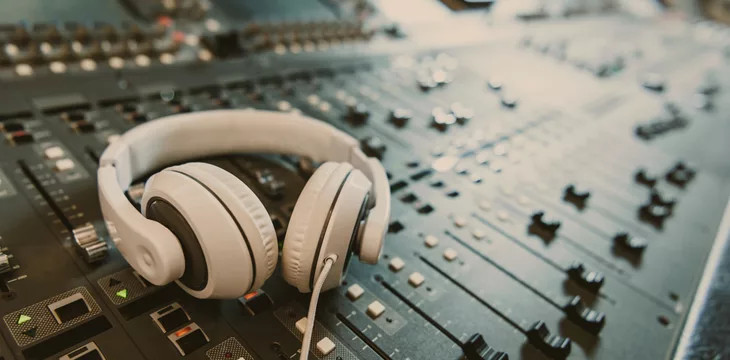A pair of South Korean researchers explore the intersection of blockchain technology and music in a new study assessing use cases and impacts for consumers and artists.
Yujun Park and Seongcheol Kim said that while artists may see blockchain as a new revenue stream, opinions on the long-term future of the emerging technology in music vary.
Their preliminary research is based on interviews with 16 South Korean artists about the impact of blockchain in the industry. The preliminary survey results show that most respondents revealed that blockchain offers new revenue streams through non-fungible tokens (NFTs) and decentralized finance applications (DeFi).
A cross-section of artists point to decentralized autonomous organizations (DAOs) as an important tool in organizing fan bases without central authority.
The musicians surveyed pointed out the usefulness of blockchain in protecting copyrights and artists’ intellectual property (IP). Experts have advanced theories about using blockchain to suppress the illegal use of copyrighted material by AI companies to train their large language models (LLMs).
However, the article goes on to explore several shortcomings associated with the integration of blockchain into mainstream music. The first challenge is the artists’ concern about long-term prospects and the perception of reality.
“Although artists saw blockchain as an opportunity to explore a new era in the music industry, they were also skeptical about the near future due to its recognition of reality,” researchers explained.
Other concerns explored in the article include the difficulty of blockchain-based music platforms breaking into the mainstream given stiff competition from industry giants.
South Korea’s welcoming attitude towards blockchain has put it at the top of the pile with numerous applications in healthcare, finance, tourism and supply chain.
Emerging technologies are changing the face of music
Blockchain isn’t the only emerging technology taking hold in the music sector, with artificial intelligence (AI) making its mark on the industry. Since 2023, there has been a spike in the number of AI-generated songs that mimic the style and voices of original artists.
However, the technological leap has led to numerous copyright violations. One report revealed that most musicians would hide the use of AI in their music for fear of a backlash from their fan base, despite the widespread use of AI tools in the ecosystem.













